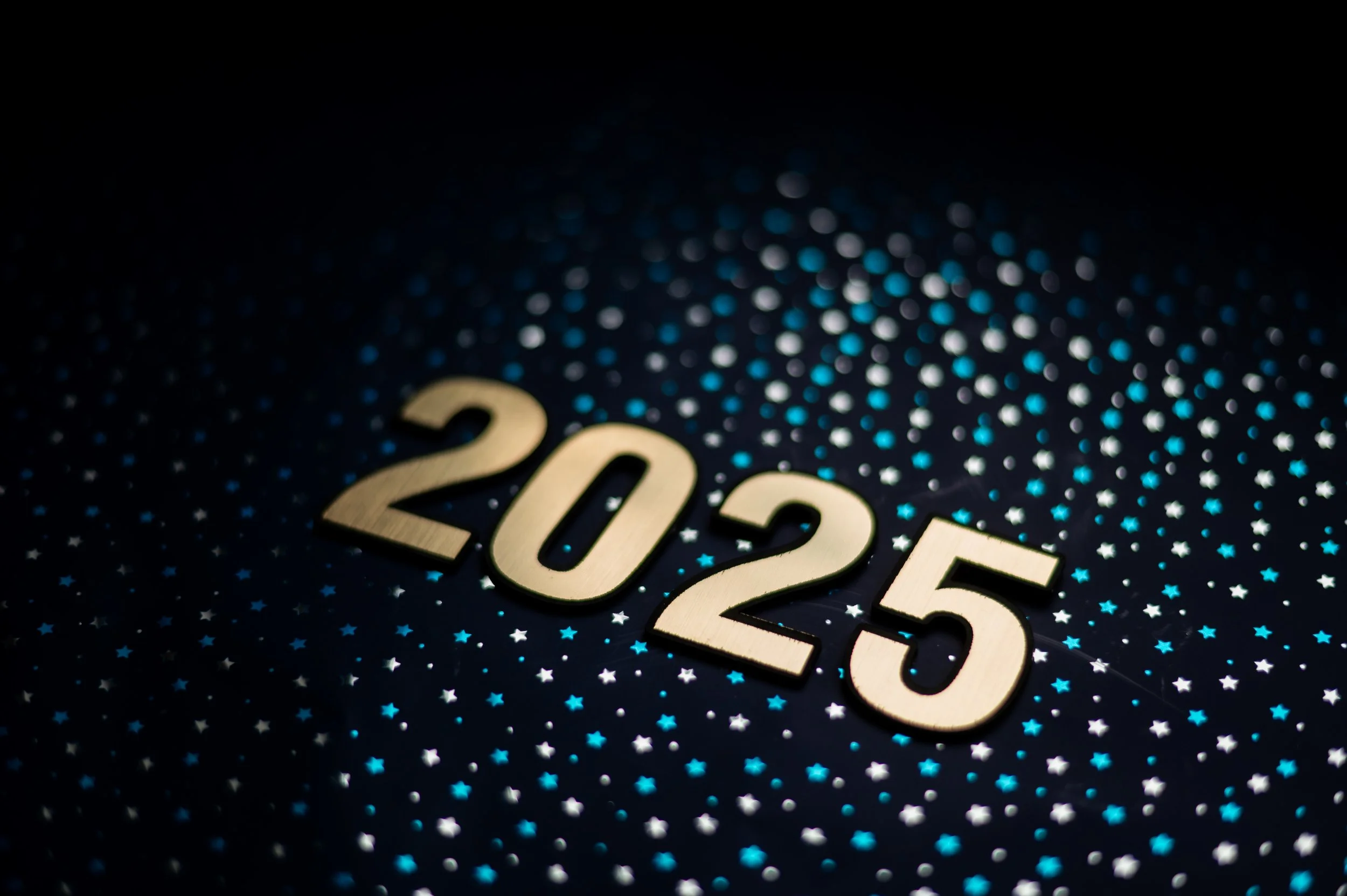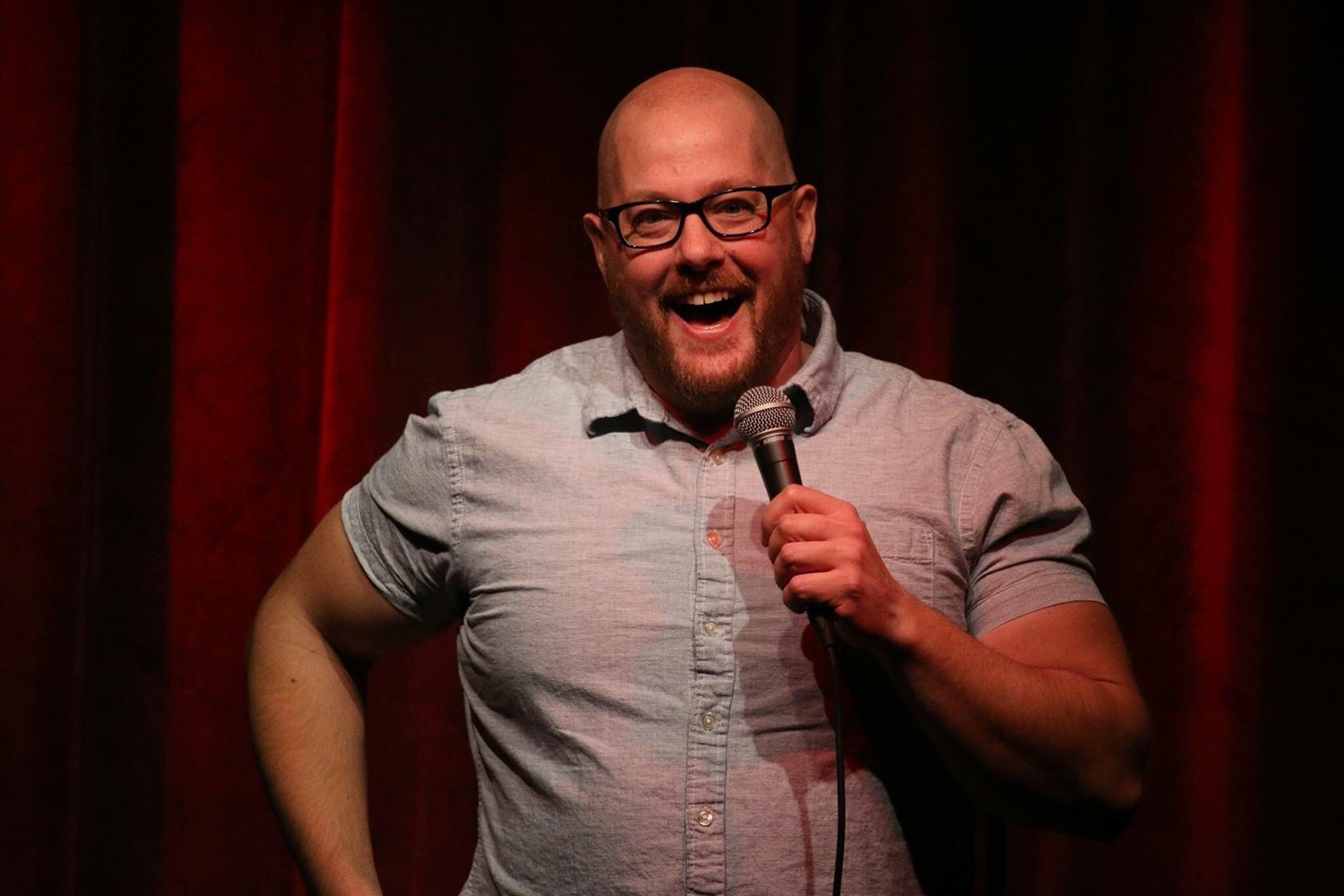Welcome to “Free-Rider Friday.” Most of our shows are “topic” driven, where we dive deep into one subject. Free-Rider Fridays are designed to be “event” driven—whatever issues are in the news that we (or you) find worthy of commentary. In economics, free riding means reaping the benefits from the actions of others and consequently refusing to bear the full costs of those actions. This means Ed and Ron will free ride off of the news, and each other, with no advanced knowledge of the events either will bring up.
If you’d like to call-in during the live show, the listener line is: 866-472-5790. You can also participate on Twitter at #asktsoe.
Tip of the Day: Names
First, we’d like to thank Ron’s dad, Sam Baker, for the suggestion that we look at race horse names for ideas to name this show. It’s a great resource if you’re trying to name a product, service and so on.
Ed’s Item
Ed has been on a Mac for over three years, abandoning the Windows platform in December of 2011, but he admitted that Microsoft’s new Outlook program for Mac and iPhone is pretty dang good. "Apple should do hardware and operating systems, Microsoft should do application software. “He likes it, hey Mikey.”
Ron’s Item
On our September 5th, 2014 Show: Corporate Social Responsibility: Progress or PR? One of the issues we discussed was the Bill and Melinda Gates foundation.
In the October 11, 2014 issue of The Economist the article “A New Challenge” assessed the performance of the Gates foundation last ten years.
It’s “14 grand challenges” from vaccines to incapacitate disease-transmitting insect populations, were bold ideas—allocated $200 Million—and perhaps bordering on the “naïve,” a word used more than once in a speech by Mr. Gates.
This collaborates Milton Friedman’s point about entities not having specific knowledge on how to solve problem, despite the best of intentions, and it’s why we believe CSR is more PR than real progress.
Even Bono gets that capitalism is the only real antidote to poverty.
Ed’s Item
The TV show Shark Tank had an entrepreneur who invented the tree teepee. This is a great example of why Ed believes that entrepreneurs continue the work of creation.
Dawn: Listener Question
We had our first live caller, Dawn from Austin, TX. She asked what economic effect the innovations such as Uber, CarsToGo, and other transportation services will have on the economy.
She also commented that her favorite guest so far was Dr. Jules Goddard.
Ron cited an article that discusses this very issue, from January 3rd, 2015 The Economist, “There’s an app for that.” It points out that some 53 million Americans now work in the “On-demand economy.”
Ron’s Item
On our September 19, 2014 Show, we dealt with The Seven Moral Hazards of Measurements.
In the November 8, 2014 issue of The Economist, “Ranking the Rankings,” it pointed out that international comparisons are dodgy, including rankings of freedom, economic freedom, etc.
Andrew Forest, one of Australia’s richest men, decided to take on modern-day slavery, Bill Gates gave him this advice:
Find a way to quantify it, because if you can’t measure it, it doesn’t exist.
Of course, Dark Matter can’t be measured, but physicists know it’s there.
Result: Global Slavery Index, ranks 160 countries, 30 million slaves? It’s probably overstated to hype the cause, raise money, etc.
Ed’s Item
Uber is not a car service, it’s a software company. Also discussed was Uber’s surge pricing policy, which causes a backlash against the company.
Get over it, folks. You don’t have to pay the “surge prices.” Walk.
Read Russ Robert’s book, The Price of Everything, for an explanation of why price signals are so important for allocating resources to their highest use.
Ron’s Item
On our January 16th, 2015 show we interviewed Dr. Jules Goddard, he made a comment that the “jury was still out on long-term vs. short-term outlook of companies.”
In the November 22, 2014 issue of The Economist, Schumpeter, “The tyranny of the long term,” was the Schumpeter column.
The debate between long-term vs. short-term is not easily settled. A long-term outlook is no guarantee of success: Look at Japan. They were held up for looking out 50-100 years, yet they’ve been in the economic doldrums for decades.
Built to Last authors Jim Collins and Jerry Porras, profiled 18 companies, yet a follow-up study 5 years later only 8 that had out-performed market
Long-term and short-term views are both a virtue and vice, it depends on context: stable, mature industries are wise to take the long-term, but hi-tech and social media companies have to much shorter time horizons.
Amazon, Facebook, Twitter, among others, all have paltry profit performance, but investors appear to be committed for the long run.
The Google founders issued a letter with its Initial Public Offering that is worth reading on this very issue. Google is in it for the long run, and they suggest you don’t buy their stock if you disagree.
Ed’s Item
What if businesses were allowed at their discretion to expense all items that by law now they must capitalize. Well according to a Mercatus Center study full expensing might increase GDP 5 percent or more, and raise wages by 4 percent or more. Oh by the way it would likely create 885,000 jobs.
Ron’s Item
The 55% plunge in the price of oil is an unambiguous economic positive. The USA is now producing some 9 million barrels per day, approximately 1 million less than Saudi Arabia.
The losers: Russia, Nigeria, Venezuela, Iran, and OPEC.
The lost point in the media: This is a technological revolution, not an energy discovery (we’ve known of some of these shale basins for decades).
Historically, when price dropped, exploration actually decreased.
Today, however, when price drops, exploration actually increases, just like Moore’s Law (the number of transistors in a dense integrated circuit doubles approximately every two years).
The Economist has a great article on this from its December 6, 2014 issue, “Sheikhs vs shale.” (Please note articles from The Economist are sometime behind a pay wall.)
OPEC has also been rendered feckless since the USA’s energy revolution. For a cartel to be effective cartel, it needs three things: discipline, dominant market position, and barriers to entry. OPEC lacks all three. It now supplies only 30% of the world’s oil.
This also destroys the whole notion of “Peak Oil,” as energy is now in abundance given our technological sophistication and reduced cost of finding it, and extracting it.
Net Neutrality?
How different from air mail, 1st class and 3rd class mail, or coach, bus class, first class?
Won’t one-size fits all regulation stifle innovation?
We’ll return to this issue in another show.








